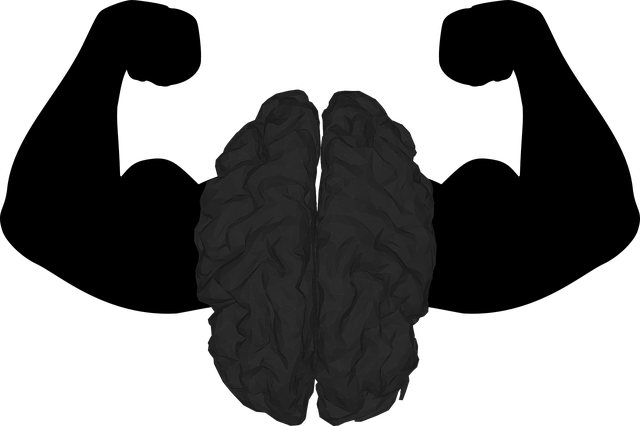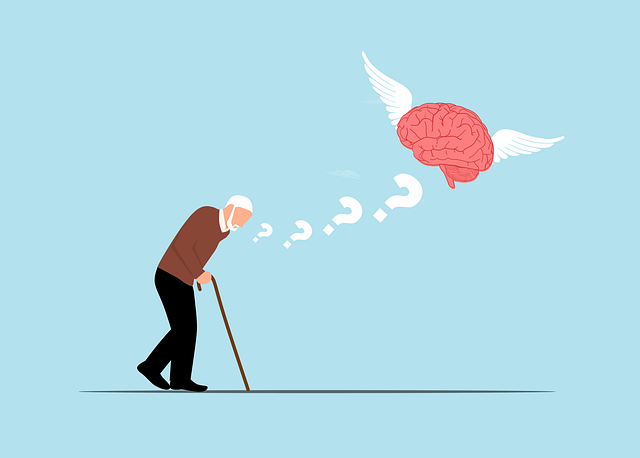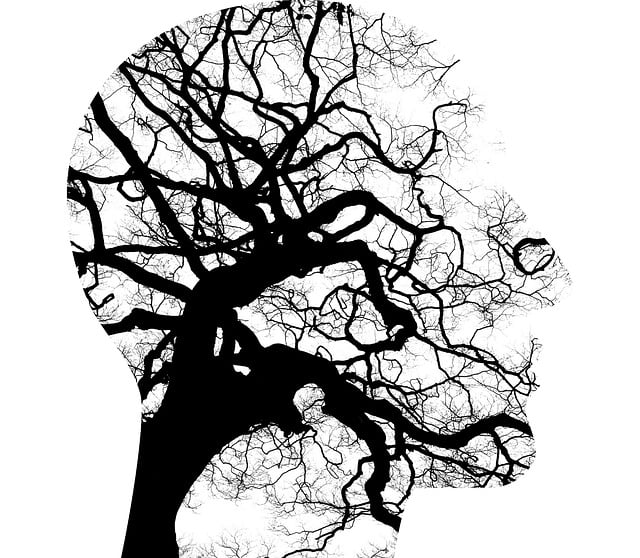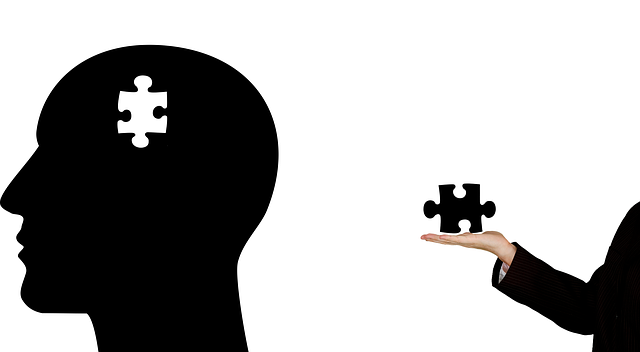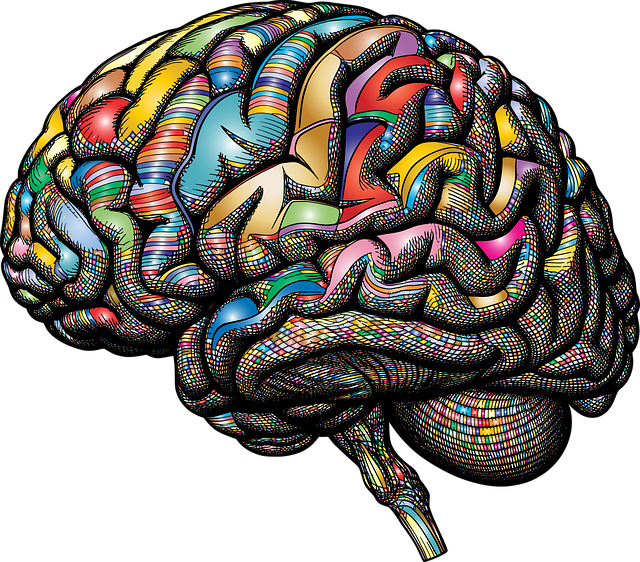Mindfulness meditation, an ancient practice focused on present-moment awareness, is a powerful tool for managing Castle Rock Adjustment Disorder (CRAD). By non-judgmentally observing thoughts, emotions, and bodily sensations, individuals can cultivate inner peace, emotional regulation, and resilience. Combining mindfulness with CRAD therapy enhances traditional treatment, improves mental well-being, and reduces burnout among healthcare providers. Public awareness campaigns further support this holistic approach to emotional health, fostering a supportive environment for CRAD sufferers to find balance and promote personal growth.
“Unwind and embrace tranquility with a journey into mindfulness meditation. This comprehensive guide offers valuable insights for those seeking inner peace and stress relief. We explore ‘Understanding Mindfulness Meditation’ as a powerful tool for mental clarity, starting with the basics and delving into advanced techniques. Additionally, discover how mindful practices can help manage Castle Rock Adjustment Disorder through alternative therapy methods. Learn practical tips for integrating mindfulness into daily routines, fostering long-term mental well-being and sustainability.”
- Understanding Mindfulness Meditation: A Foundation for Peace
- Identifying and Overcoming Castle Rock Adjustment Disorder Through Meditation
- Techniques for Effective Mindfulness Meditation Practice
- Integrating Mindful Moments into Daily Life: Sustainability and Growth
Understanding Mindfulness Meditation: A Foundation for Peace

Mindfulness meditation is a practice that cultivates present-moment awareness and non-judgmental acceptance. It involves observing one’s thoughts, emotions, and bodily sensations as they are, without trying to change or suppress them. This ancient technique has gained significant traction in modern times due to its profound impact on mental well-being and stress reduction. By focusing on the here and now, individuals can find a sense of inner peace and clarity, which is particularly beneficial for those dealing with conditions like Castle Rock Adjustment Disorder.
This practice serves as a foundation for managing and overcoming challenges related to trauma and stress. It encourages people to develop coping skills that promote resilience and emotional regulation. Moreover, mindfulness meditation fosters cultural sensitivity in mental healthcare practice by helping individuals from diverse backgrounds recognize and respect their unique experiences and perspectives. Trauma Support Services can greatly benefit from integrating mindfulness techniques to provide holistic care that addresses both the mind and body.
Identifying and Overcoming Castle Rock Adjustment Disorder Through Meditation

Mindfulness meditation has emerged as a powerful tool to combat Castle Rock Adjustment Disorder (CRAD), a condition often associated with significant life changes and transitions. CRAD can manifest as persistent feelings of sadness, anxiety, or emotional turmoil, hindering one’s ability to adjust and cope effectively. Through mindfulness practice, individuals can learn to observe their thoughts and emotions without judgment, fostering resilience and improved mental well-being.
Meditation helps in building mental fortitude by encouraging a non-reactive mindset. By focusing on the present moment, CRAD sufferers can break free from negative thought patterns and reduce emotional reactivity. This practice promotes self-awareness, enabling individuals to identify triggers and develop healthier coping mechanisms. Moreover, mindfulness meditation is an accessible therapy that complements traditional Castle Rock Adjustment Disorder therapy, offering a holistic approach to burnout prevention strategies for healthcare providers and contributing to public awareness campaigns development focused on resilience building.
Techniques for Effective Mindfulness Meditation Practice

Practicing mindfulness meditation effectively involves several techniques that can help individuals overcome mental clutter and find inner peace. One powerful method is focusing on your breath—a simple yet profound way to anchor yourself in the present moment. As you breathe, observe the rise and fall of your chest or the sensation of air passing through your nostrils without judgment. This practice calms the mind and cultivates a sense of awareness that can be applied throughout the day.
Another essential technique is body scanning, which involves paying mindful attention to different parts of your body, starting from your toes and gradually moving up to the crown of your head. This practice enhances self-awareness, helps identify areas of tension or discomfort, and promotes relaxation. Combining these techniques with regular Castle Rock Adjustment Disorder Therapy sessions can further reinforce resilience building and mind over matter principles, contributing to overall well-being. Moreover, engaging in public awareness campaigns development initiatives can complement mindfulness practices by fostering a supportive environment for emotional health.
Integrating Mindful Moments into Daily Life: Sustainability and Growth

Integrating mindfulness into daily life is a powerful tool for fostering mental wellness and sustaining personal growth, especially in managing conditions like Castle Rock Adjustment Disorder. By incorporating mindful moments throughout the day, individuals can develop a deeper sense of awareness and presence, allowing them to respond rather than react to stressful situations. This practice encourages a more balanced emotional state and enhances overall well-being.
Mindfulness meditation is not just a momentary relaxation technique; it’s a skill that can be cultivated through consistent practice. Social Skills Training and Risk Management Planning for Mental Health Professionals can benefit from this approach, as it promotes self-awareness, empathy, and effective communication. Regular mindfulness exercises, such as mindful breathing or body scans, enable professionals to remain grounded, reduce burnout, and provide more compassionate care. This holistic development contributes to the growth of both personal and professional lives, creating a positive impact on all aspects of one’s journey towards mental wellness.
Mindfulness meditation, as explored in this article, offers a powerful tool for managing stress and improving mental well-being. By understanding its foundational principles, individuals can effectively incorporate mindfulness techniques into their daily lives, fostering sustainable growth and resilience. Specifically, the practices discussed have shown promise in mitigating conditions like Castle Rock Adjustment Disorder Therapy by promoting emotional balance and enhancing overall peace. Integrating mindful moments into routines allows for continuous learning and adaptation, ultimately revolutionizing how we navigate life’s challenges.
